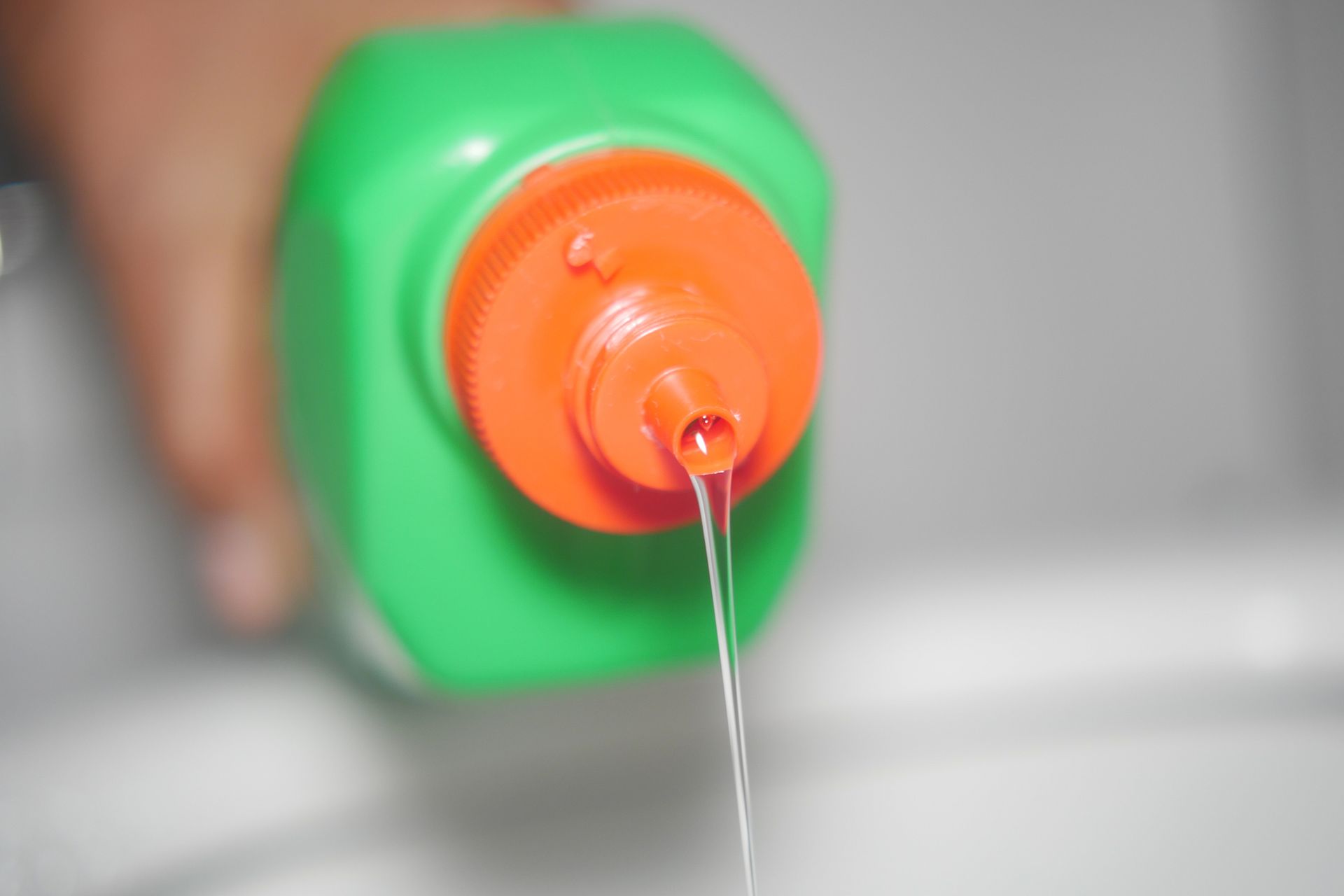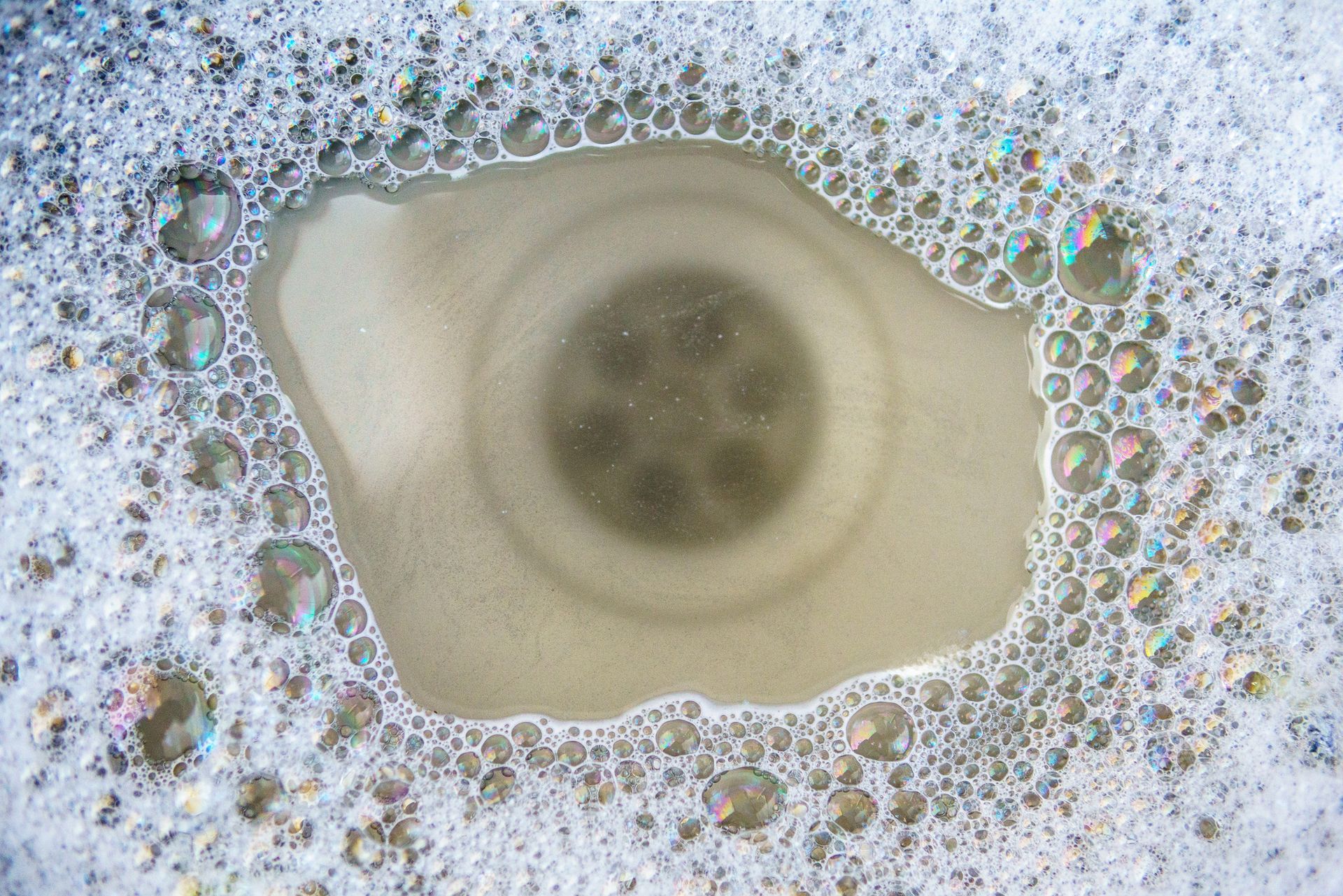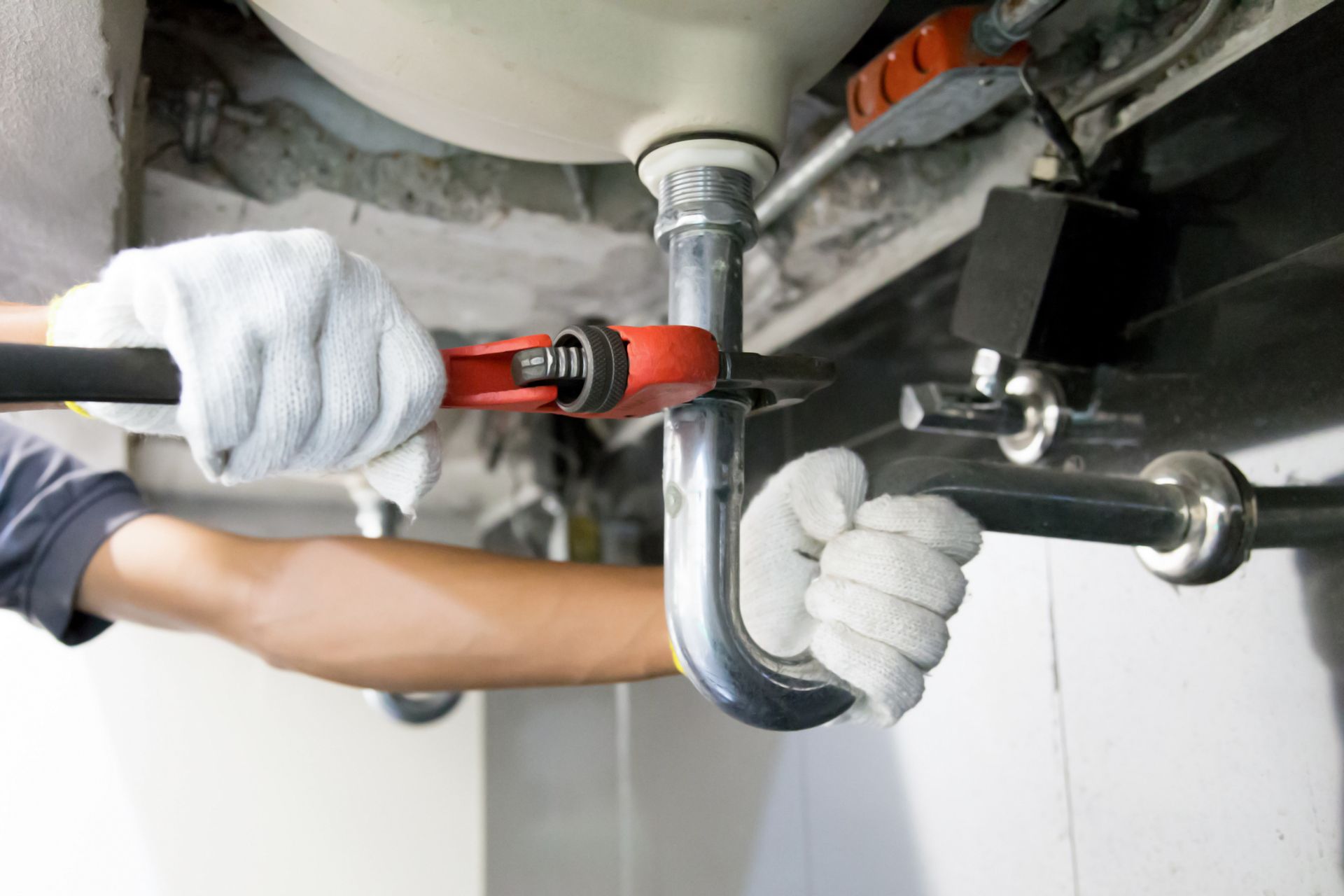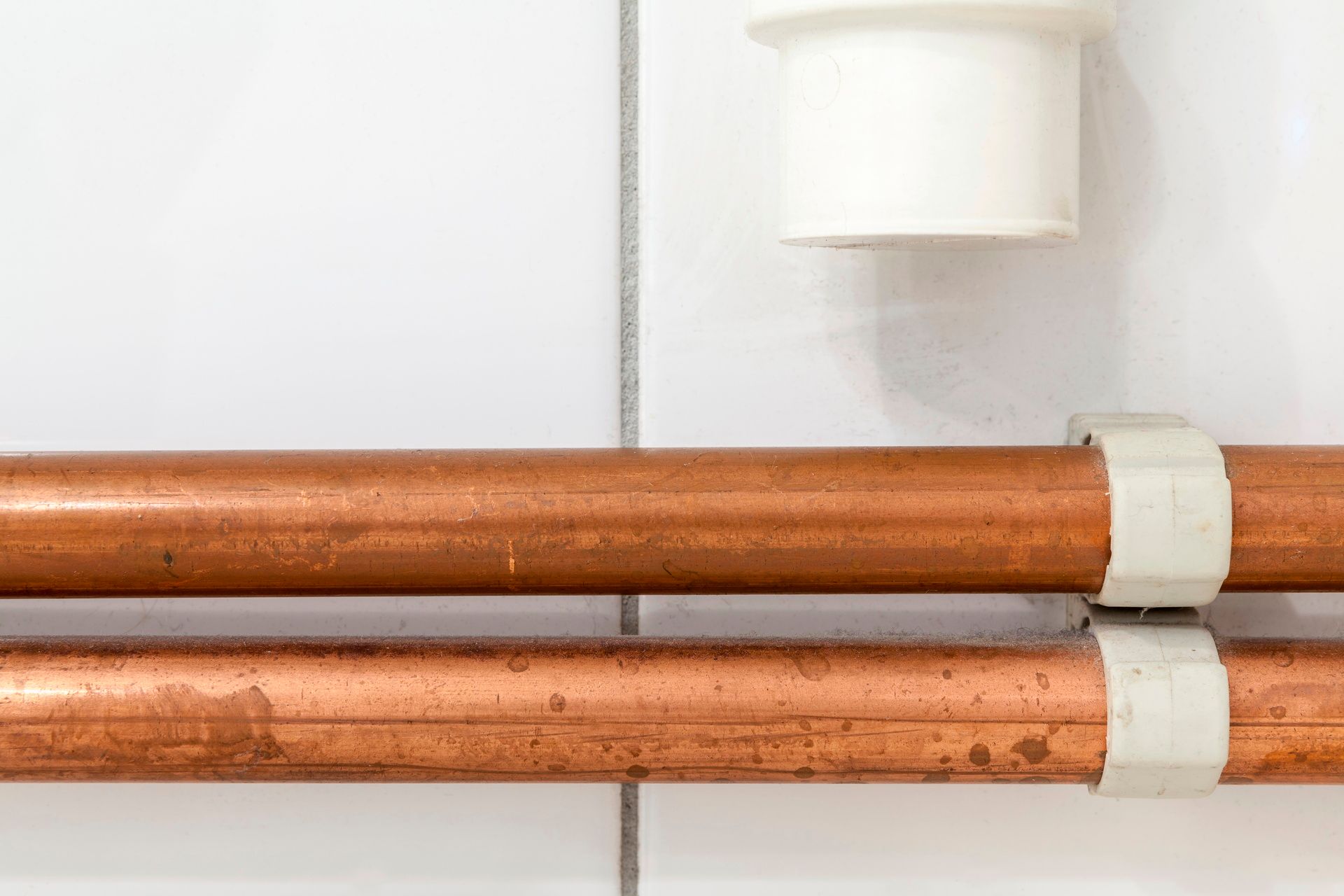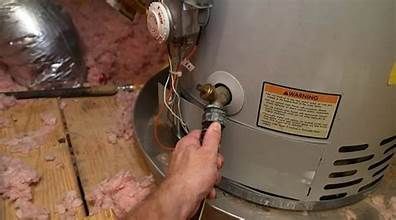If you want to lower the energy costs for your Lacey home, the water heater might not be the first place you’d think to save energy. However, when you add up the savings from a few easy steps that can improve your water heater’s efficiency, it can make a significant difference in your utility bills.
Here are some of the ways you can reduce the use of hot water in the home and increase your energy savings.
Saving Energy by Using Less Hot Water
Even if you own an energy-efficient, tankless water heater, and you try to conserve water as much as possible, hot water usage can always be reduced in other areas. Installing low flow faucets and fixtures can provide up to 60% in water savings because they reduce the flow rate (gallons per minute) for each fixture. Tankless water heaters are also more efficient when they are used with any application with a lower flow rate.
Replacing older appliances that require a lot of hot water with more energy-efficient models is worth the money and effort because of the energy savings you will get in the end. Make sure you fix any leaks on older hot water faucet or fixtures. A leak that costs a dollar or two extra per month doesn’t seem like much, but it will add up over time.
Lower the Temperature on Your Hot Water Heater
For every 10°F that you lower the water temperature on your hot water heater, you save between 3% to 5% in energy costs. The manufactured setting for most water heaters is 140°F, but most homes only require a maximum temperature of 120°F. Check your owner’s manual before you lower the temperature on your water heater to find out what the recommended settings are and how to change them.
Insulate Your Water Heater Tank and Water Pipes
Whether you have a gas or electric hot water heater, you can find fairly inexpensive and easy-to-install insulators or “jackets” for your water heater tank. Every tank has an R-value that determines how much heat it loses, so unless it is a high value, your water heater tank needs insulation. Call a Lacey plumber or check your owner’s manual for the R-value of your hot water heater, but the general rule is that if the tank is warm when you touch it, you need more insulation.
You can reduce emissions and your energy costs simply by paying more attention to how much hot water you are using in your Lacey home. For more tips and expert advice, call Brooks Plumbing Co to speak with one of our technicians.
The post How to Lower Energy Costs for Your Home: Water Heater Tips first appeared on Brooks Plumbing Co..

